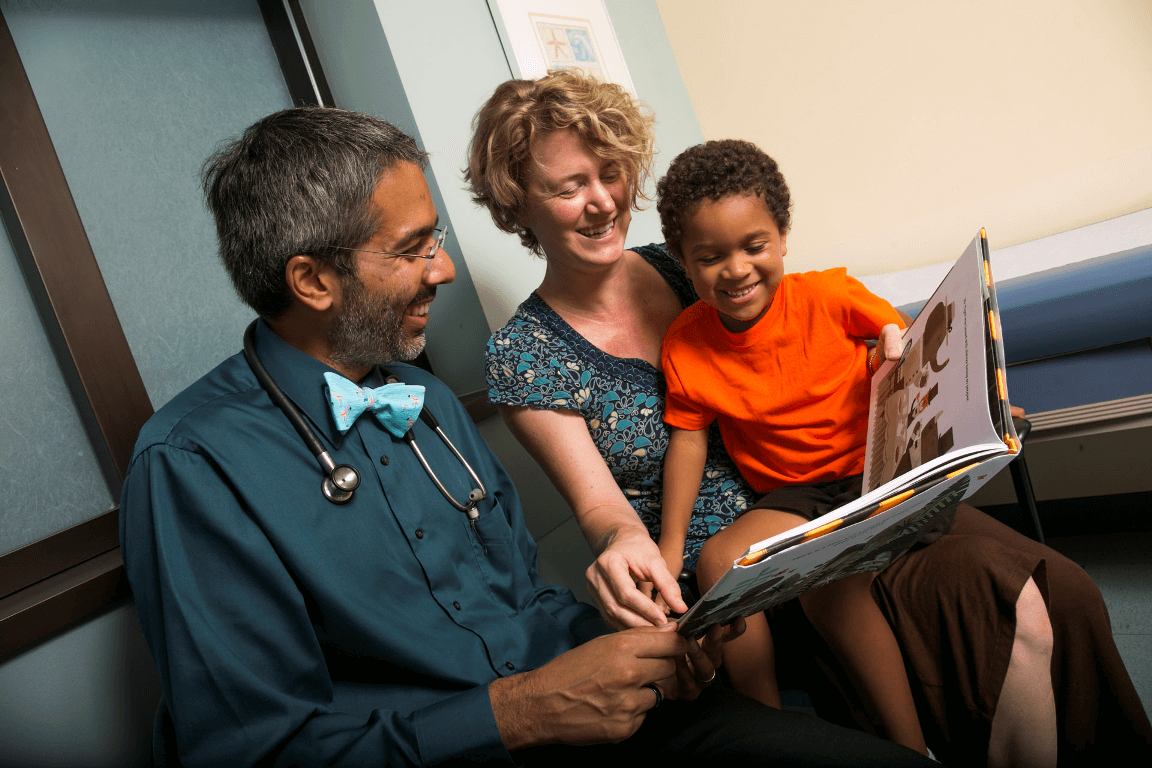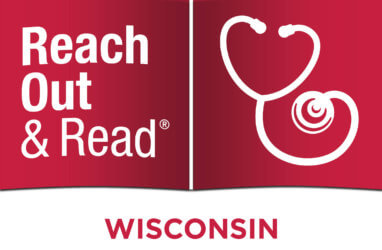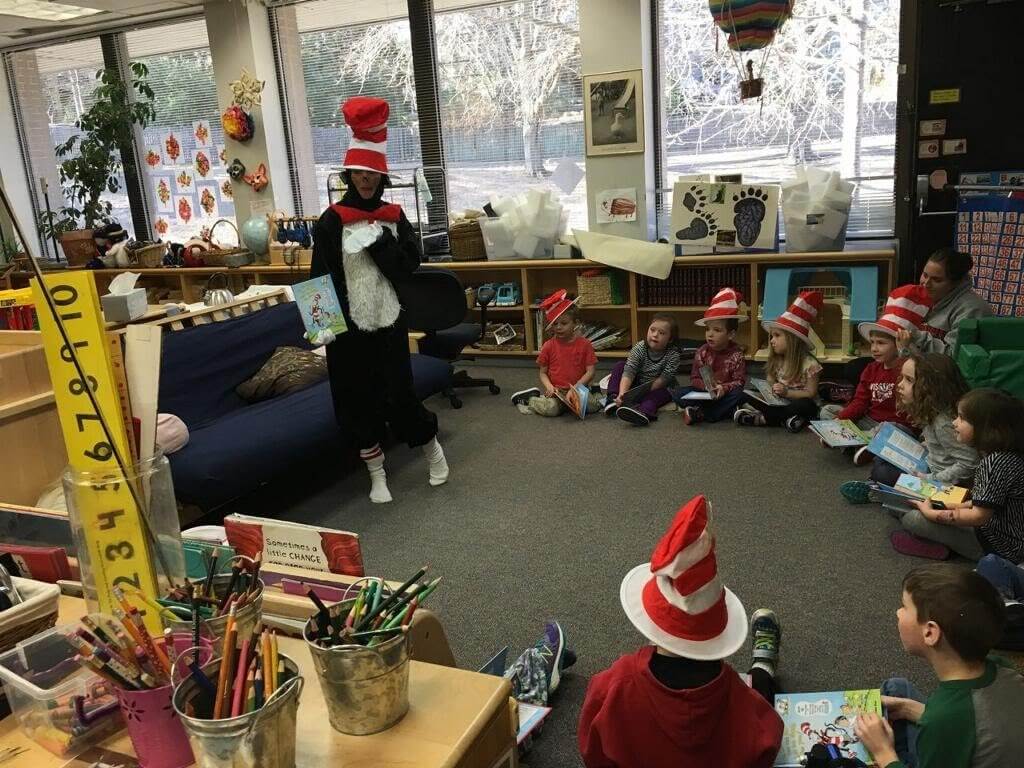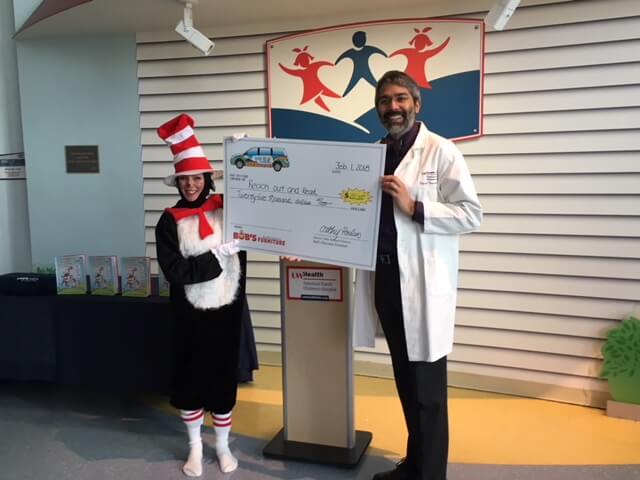As an early literacy librarian, I see 50-100 parents and young children at my birth to 2-year-old storytime every Monday morning. Some parents come to get out of the house, socialize with other grown-ups, or give their child a chance to socialize with other babies their age. Some parents might know that storytime is a great place for their child to learn early literacy skills while others come simply because their child enjoys the books, songs and rhymes.
Many parents look to me as one of their child’s first teachers, but a child’s first and most important teacher is their parent.

Some parents don’t realize this or don’t feel confident in their ability to be a teacher. Teaching your child early literacy skills isn’t as daunting as it may sound. Storytimes are the perfect opportunity for librarians to model simple strategies that parents can use to help their child develop early literacy skills. We use strategies based on the American Library Association’s Every Child Ready to Read initiative, which includes:
1. Talking: Talking is important because language is the foundational skill that leads to academic and life success. Children with larger vocabularies do better in school. The best way for kids to learn new words is by including them in every day conversations. This is one of the easiest strategies. You simply talk to your child. Encouraging babies to babble, practicing nursery rhymes and asking your child open-ended questions are great ways to focus on this strategy.
2. Writing: Writing is important because it is directly related to reading skills and helps improve fine motor skills. Don’t worry, I’m not suggesting that your baby sit down and write the next great American novel. Strong fine motor skills support the development of future writing skills. Grabbing toys, stacking blocks and playing with Play-Doh are all great ways to work on writing skills.
3. Reading: Reading is important because so many of our daily activities require the ability to read. Some parents think that their baby is too young to be read to, but this is not the case. You can start reading to your child starting at birth. At first babies will seem to play with books more than look at them, but that is perfectly fine. This will allow them to get comfortable with books and learn skills such as turning pages. It’s important for parents to make reading part of their daily routine so their child can continue to improve their literacy skills and develop a love of reading.
4. Playing: Playing is important because it helps children develop fine and gross motor skills, imagination, and creativity. Children can discover so much about the world around themselves simply by playing and exploring. Babies can start playing during tummy time by placing toys in front of them to look at and reach for. As children get older they learn to play with others and to use their imagination by playing pretend.
5. Singing: Singing is important because it helps break words down into syllables that are easier for babies to understand and remember. Many parents are intimidated by singing because they feel silly or think they have a bad voice. Luckily babies don’t care what your voice sounds like; they just like hearing singing. You can sing lullabies, kid’s songs (If You’re Happy and You Know It, The Itsy Bitsy Spider, ABC’s etc.), your favorite songs from the radio, or even make up songs. Listening to music in the car or around the house is another way for children to learn new words and sounds.
It is important that parents feel empowered in this role as their child’s first and best teacher. Early literacy librarians and Reach Out and Read medical providers want parents to know they already have the power to make a difference in their child’s life. We are here to provide extra support and guidance to assist parents as they help their children achieve their full potential.







